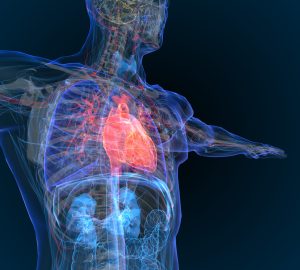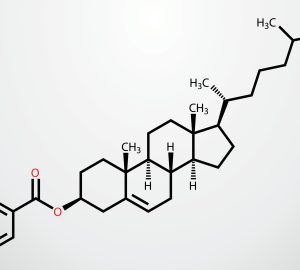protect your heart
Researchers at Washington University School of Medicine may have found a way to reduce the risk of developing heart failure after a heart attack, severe viral illness or other cardiac injury. After the death of cardiac tissue, immune cells called macrophages eat the dead tissue and stimulate the heart to repair itself. However, if the cells are around too long, they become inflammatory and cause damage that leads to heart failure. In a study published in JCI Insight, the team found a way to supercharge macrophages in mouse models, increasing their ability to dispose of damaged tissue and reducing inflammation.
melanoma risk
Melanoma is the fifth most commonly diagnosed cancer in the United States. In a study published in JAMA Otolaryngology, researchers at Saint Louis University found that the incidence of skin cancer in the head and neck has increased by 51% in pediatric, adolescent and young adult populations, although they are unsure of the reason why. The team looked at patients in the U.S. and Canada from infancy to age 39 diagnosed between 1995 and 2014. It also found head and neck melanoma is more common among males; in other parts of the body, it is usually more common in females.
stopping hiv
Washington University is helping lead a nationwide push to end the HIV epidemic by 2030. Dr. Ruba Patel, an assistant professor of medicine, has received a $3.9 million grant from the Centers for Disease Control and Prevention to create a regional resource center at the university. Along with co-principal investigator Dr. Bradley Stoner, she will establish the Midwest Capacity Building Assistance Network, which will provide technology and other resources to organizations working to increase HIV prevention. The center also will provide workshops and training to share best practices for HIV testing and treatment.
help with opioid abuse
Saint Louis University clinical psychologists Terri Weaver, Ph.D., and Jeremiah Weinstock, Ph.D., have received a grant from the Health Resources and Services Administration for a program to train clinical psychology graduate students to better assist people suffering from Opioid Use Disorder (OUD). Called Scaling UP, the program includes a three-year partnership with Chestnut Health Systems and Family Care Health Centers to improve underserved patients’ access to prevention and treatment services.








